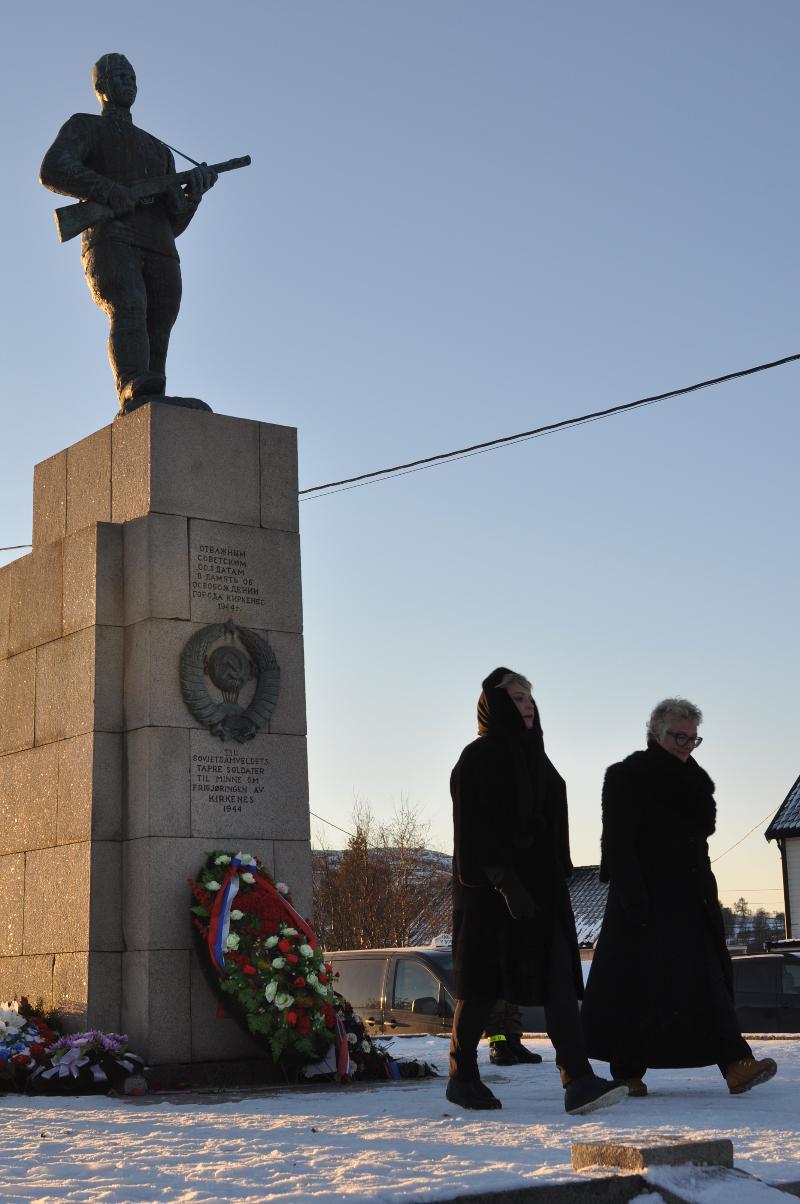Research Questions
The research encompasses four geographical scenes – the Arkhangelsk/White Sea region, the Murmansk/Kola Peninsula region, the trans-border region including Northern Norway, and Spitsbergen. The project analyses memory politics in Northwest Russia and in relations between Russia and Norway as the product of a dynamic two-level interplay involving actors on both the regional and trans-regional level. Thus, the project explores how regional actors partake in shaping Russian memory politics by interacting with the federal level on the one hand, and actors in Northern Norway engaged in bilateral relations on the other.

WP2 Regional-federal negotiation and appropriation
examines the interplay between regional and federal actors in Northwest Russia in arenas such as museum exhibitions, commemorative events, material commemorative structures in urban spaces, history school books, and other textual acts/written narratives of the past used for political purposes. The last category includes the printed press and also web pages, which make up a rapidly growing ground for mnemonic actors in Russia. The WP includes case studies analysing professional historians and teachers of history in the writing of regional history textbooks; institutions and actors in military-patriotic commemorative activity; regional manifestations of the Immortal Regiment parades and web pages; the cityscapes of Northwest Russia and memorial architecture, monuments and artefacts in urban spaces; the establishment and activities of regional branches of government-linked NGOs; and war memories in flux between generations in rural local communities.

WP3 Memory politics as foreign policy and diplomacy.
explores the interplay between actors in Norway and Russia pertaining to 1) the Second World War, 2) conceptualisations of the Barents Region and Pomor history, and 3) the disputed discovery and history of the Spitsbergen archipelago. The WP includes an overarching longitudinal case of mixed-methods analysis (quantitative mapping with qualitative reading) of the role and development of historical references in Russian-Norwegian bilateral diplomacy and coverage of the other country in select newspapers. Moreover, cases are devoted to the commemoration of the victory over Nazi Germany in northern cities; the evolving culture of remembrance of Soviet prisoners of war in the Norwegian and Russian North since the 1990s, with preservations of former prison camps, memorial sites, war graves and the opening of museum exhibitions; and cross-border networks and local practices of volunteer WWII enthusiastst/poiskoviki in searching for and memorializing Soviet soldiers of the borderland. The competing narratives of the history of discovery of the Spitsbergen archipelago, and Russian memorial expeditions to Spitsbergen captured and disseminated in documentary films is explored with special attention to the interaction between regional and federal mnemonic actors in the establishment of Russian positions.